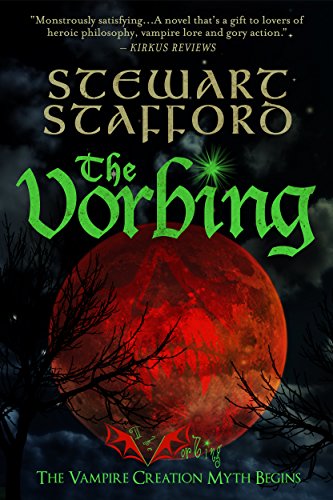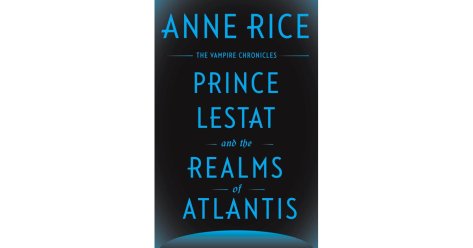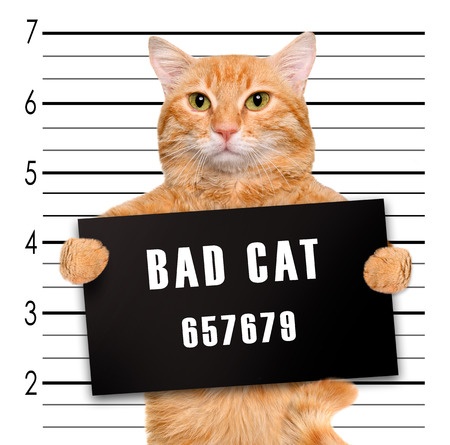Where do you start your story? A key question and one of hundreds if not thousands to be answered when writing and publishing a book. Do you start when your character is born or before? When they are a child? A teenager? An adult? When they get married? When they are old? Do you start at the point of death or after and tell the story in flashback?
If you were telling the story of your life, where would you choose to start and why? Looking at your characters in the same way and treating their lives as real can be hugely beneficial. When you start treating them seriously, they become more realistic to you and hopefully your readers.
When a potential reader opens your book, how do you pique their interest? Your first sentence is crucial. The point you choose to start the story will determine that first sentence. The whole structure is like a line of dominoes (no, not the pizza place); set the first one right and the rest should stand. Get it wrong and they all could topple.


It took me many years to publish my book The Vorbing and, during that time, I wrote many different versions of it. I went through a city map of blind alleys but it taught me what worked and didn’t work each time and sharpened the story. When the time came to pull all the strands together, I could use all the best bits from all the various drafts to come up with a kind of “greatest hits” version of the story. All those ideas gave the whole thing a fast pace and fresh perspective. I won’t have that luxury on book two, but such is the challenge of writing.
This is where a fresh pair of (preferably experienced) eyes on your work can pinpoint a loss of initial focus. Even if you need to lose earlier material, you can use it later in the story or in a sequel or even just as backstory to help you know your characters better. No piece of writing is ever really wasted. You can cannibalize it later or even combine bits to create a new story (Anne Rice was writing a book set in Atlantis and hit a dead end, so she put her vampire Lestat into the mix and, hey presto, got a new Vampire Chronicles book out of it – Prince Lestat and the Realms of Atlantis.)

That old cliche “you never get a second chance to make a first impression” is doubly true for writers, especially in the internet age. If someone is viewing a preview of your book using the “Look Inside” option on Amazon, that mouse button is right at their fingertips and they are ready to click off if you fail to hook them. So think carefully about that first sentence. Be original. Be surprising, but be true to your characters, your story and yourself above all.
© Stewart Stafford, 2016. All rights reserved.









